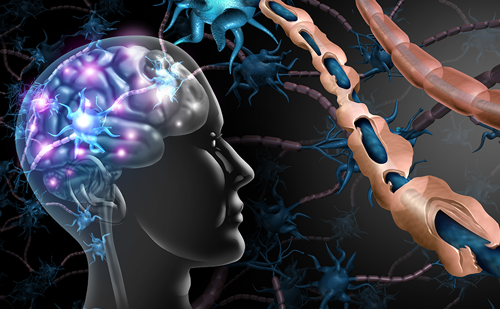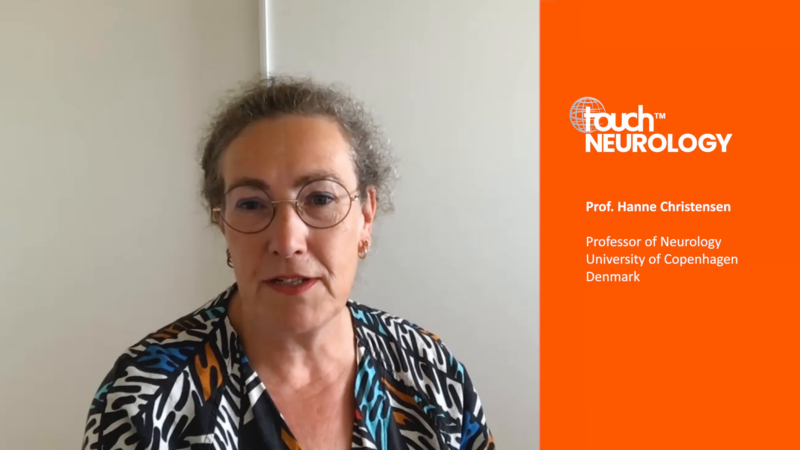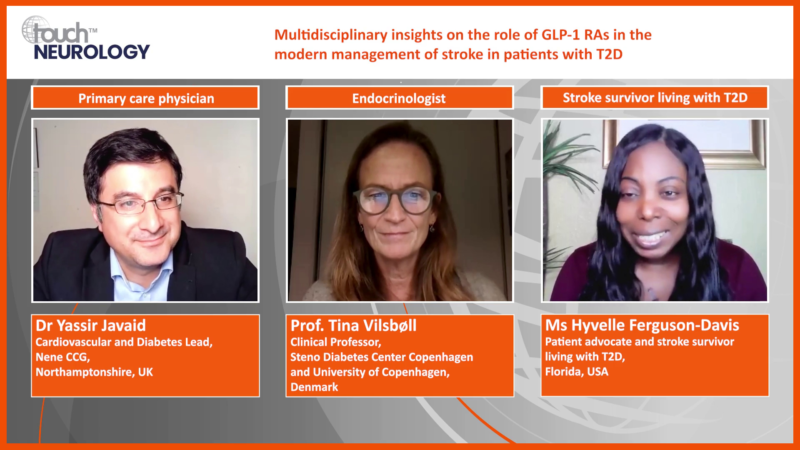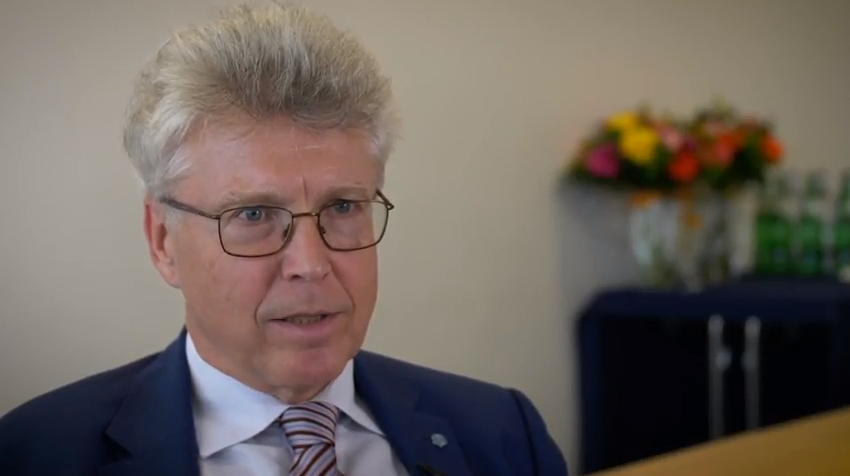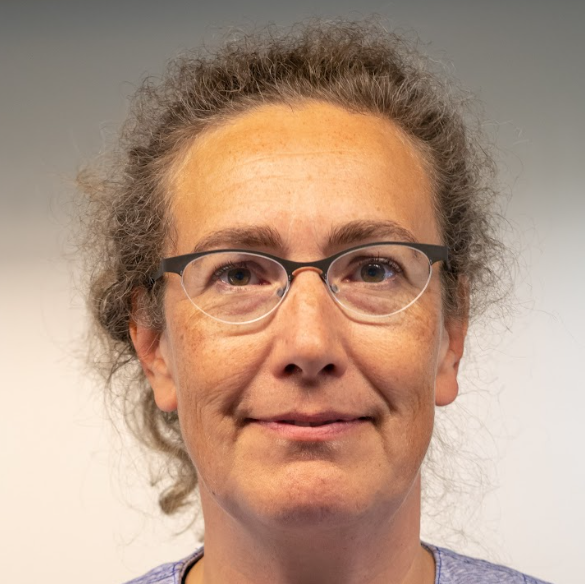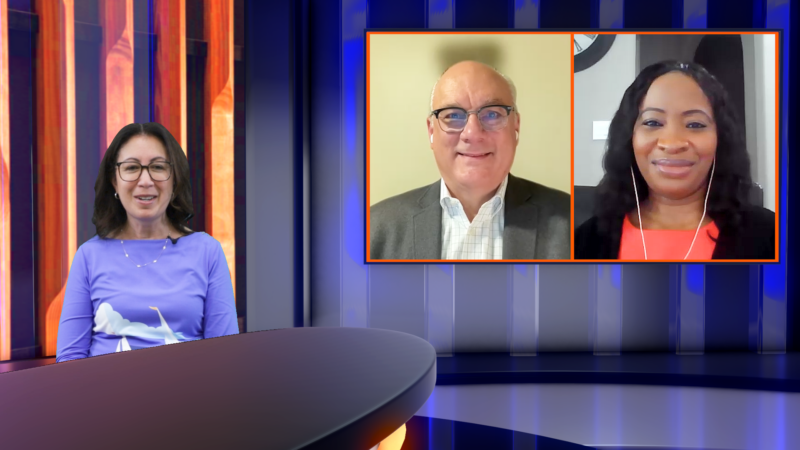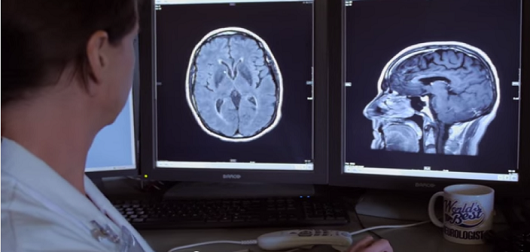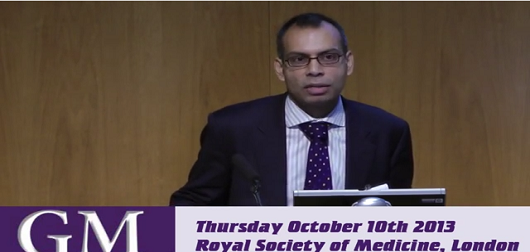touchEXPERT OPINIONS
 Experts answer questions with in-depth advice on the current clinical landscape and how new therapies and guidance might impact regional clinical practice. Useful tips below will show how to navigate the activity.
Close
Experts answer questions with in-depth advice on the current clinical landscape and how new therapies and guidance might impact regional clinical practice. Useful tips below will show how to navigate the activity.
Close
 Experts answer questions with in-depth advice on the current clinical landscape and how new therapies and guidance might impact regional clinical practice. Useful tips below will show how to navigate the activity.
Close
Experts answer questions with in-depth advice on the current clinical landscape and how new therapies and guidance might impact regional clinical practice. Useful tips below will show how to navigate the activity.
Close
Integrating the latest evidence surrounding reversal agents for direct oral anticoagulants for patients experiencing intracerebral haemorrhage into clinical practice
- Select in the video player controls bar to choose subtitle language. Subtitles available in English, Mandarin, French, German, Italian, Japanese, Spanish.
- Downloads including slides are available for this activity in the Toolkit
Learning Objectives
After watching this activity, participants should be better able to:
- Recognize the risk of ICH amongst different patient populations receiving DOACs based on clinical trial and real-world evidence
- Appraise the latest clinical trial and real-world evidence on the efficacy and safety of oral anticoagulant reversal strategies in the acute management of DOAC-ICH
- Assess the factors guiding selection and administration of reversal agents and supportive care in the acute management of DOAC-ICH
Overview
In this activity, three renowned experts provide their insights on the impact of intracerebral haemorrhage (ICH) in patients receiving direct oral anticoagulants (DOACs), the efficacy and safety data associated with reversal agents for DOAC-ICH, and optimizing haemostatic stabilization in patients with DOAC-ICH.
This activity is jointly provided by USF Health and touchIME. read more
Target Audience
Neurologists, neurosurgeons and critical care/emergency medicine physicians involved in the management of patients with ICH.
Disclosures
USF Health adheres to the Standards for Integrity and Independence in Accredited Continuing Education. All individuals in a position to influence content have disclosed to USF Health any financial relationship with an ineligible organization. USF Health has reviewed and mitigated all relevant financial relationships related to the content of the activity. The relevant relationships are listed below. All individuals not listed have no relevant financial relationships.
Faculty
Prof. Hanne Christensen discloses: Speaker’s bureau fees from Bayer and Bristol-Myers Squibb. Grants/research support from AstraZeneca and Bayer.
Prof. Thorsten Steiner discloses: Advisory board or panel fees from AstraZeneca and Boehringer Ingelheim (all relationships terminated). Consultant fees from AstraZeneca (relationship terminated). Speaker’s bureau fees from AstraZeneca, Bayer, Boehringer Ingelheim, Bristol-Myers Squibb and Pfizer (all relationships terminated).
Dr Truman Milling discloses: Advisory board or panel fees from CSL Behring. Consultant fees from Alexion, AstraZeneca, Cellphire, CSL Behring and Octapharma.
Content reviewer
Dr Swetha Renati discloses: Advisory board or panel fees from: Bayer (relationship terminated).
Touch Medical Contributors
Sadaf Kazi has no financial interests/relationships or affiliations to disclose in relation to this activity.
USF Health Office of Continuing Professional Development and touchIME staff have no financial interests/relationships or affiliations in relation to this activity.
Requirements for Successful Completion
In order to receive credit for this activity, participants must review the content and complete the post-test and evaluation form. Statements of credit are awarded upon successful completion of the post-test and evaluation form.
If you have questions regarding credit please contact cpdsupport@usf.edu.
Accreditations
Physicians
This activity has been planned and implemented in accordance with the accreditation requirements and policies of the Accreditation Council for Continuing Medical Education (ACCME) through a joint providership of USF Health and touchIME. USF Health is accredited by the ACCME to provide continuing medical education for physicians.
USF Health designates this enduring material for a maximum of 0.75 AMA PRA Category 1 CreditTM. Physicians should claim only the credit commensurate with the extent of their participation in the activity.
The European Union of Medical Specialists (UEMS) – European Accreditation Council for Continuing Medical Education (EACCME) has an agreement of mutual recognition of continuing medical education (CME) credit with the American Medical Association (AMA). European physicians interested in converting AMA PRA Category 1 CreditTM into European CME credit (ECMEC) should contact the UEMS (www.uems.eu).
Advanced Practice Providers
Physician Assistants may claim a maximum of 0.75 Category 1 credits for completing this activity. NCCPA accepts AMA PRA Category 1 CreditTM from organizations accredited by ACCME or a recognized state medical society.
The AANPCP accepts certificates of participation for educational activities approved for AMA PRA Category 1 CreditTM by ACCME-accredited providers. APRNs who participate will receive a certificate of completion commensurate with the extent of their participation.
Date of original release: 10 August 2023. Date credits expire: 10 August 2024.
If you have any questions regarding credit please contact cpdsupport@usf.edu.
To obtain the CE/CME credit(s) from this activity, please complete this post-activity test.
Claim Credit- Select in the video player controls bar to choose subtitle language. Subtitles available in English, Mandarin, French, German, Italian, Japanese, Spanish.
- Downloads including slides are available for this activity in the Toolkit
You may also be interested in...

REGISTER NOW FOR FREE ACCESS TO
- 1000+ topical and insightful peer-reviewed journal articles
- 100+ hours of bite-sized congress highlights
- 10 major therapy areas packed with the latest scientific advances
- 150+ specialties offering learn-on-the-go medical education
- + Concise email updates and newsletters so you never miss out








